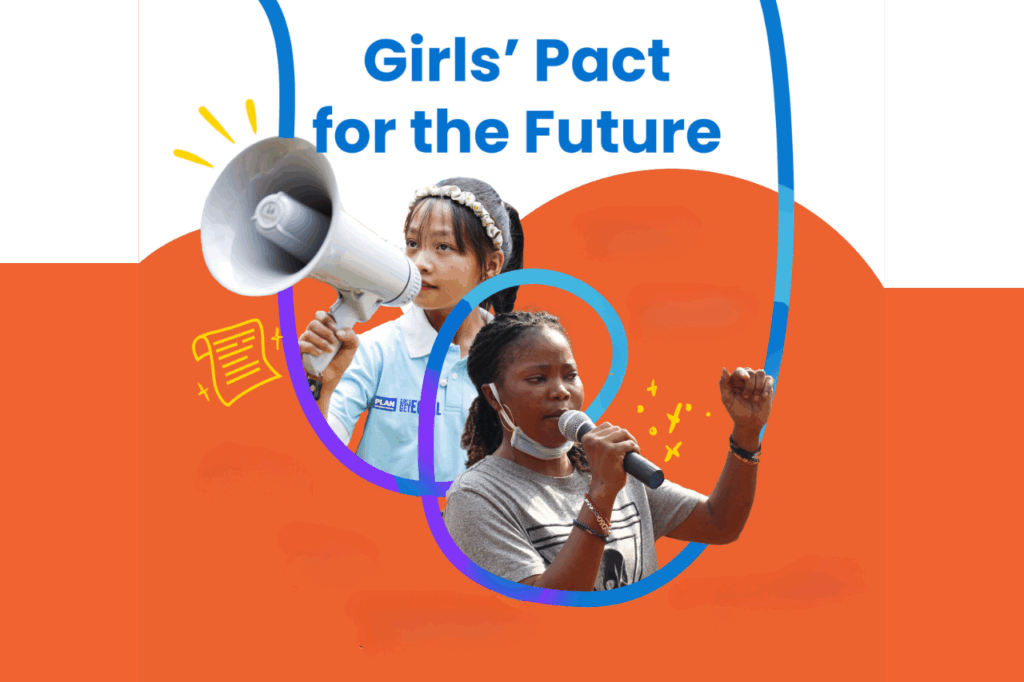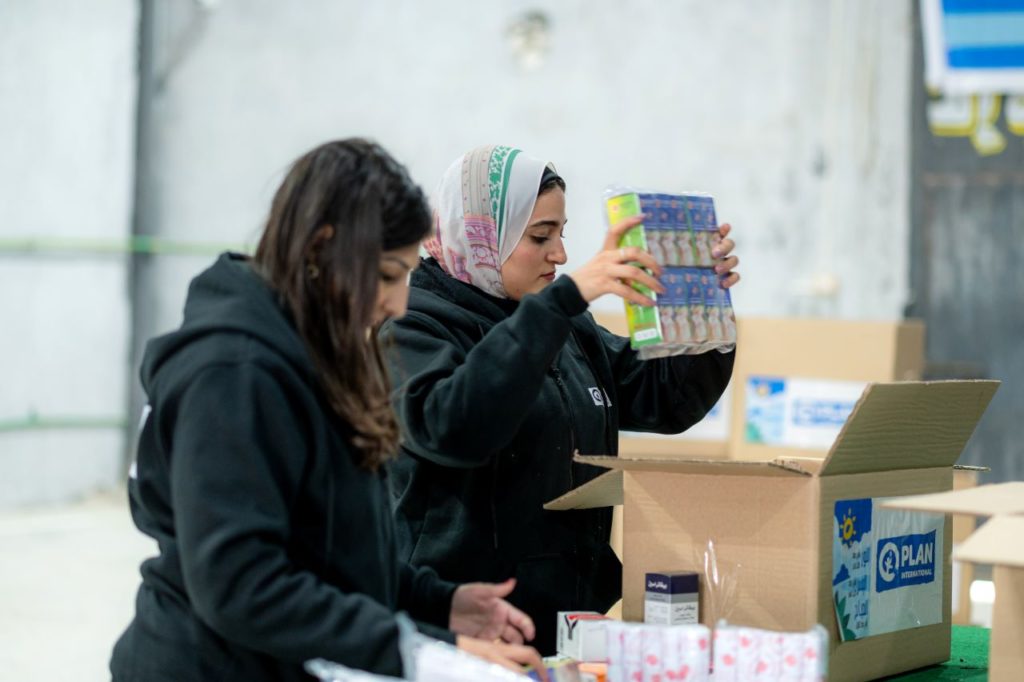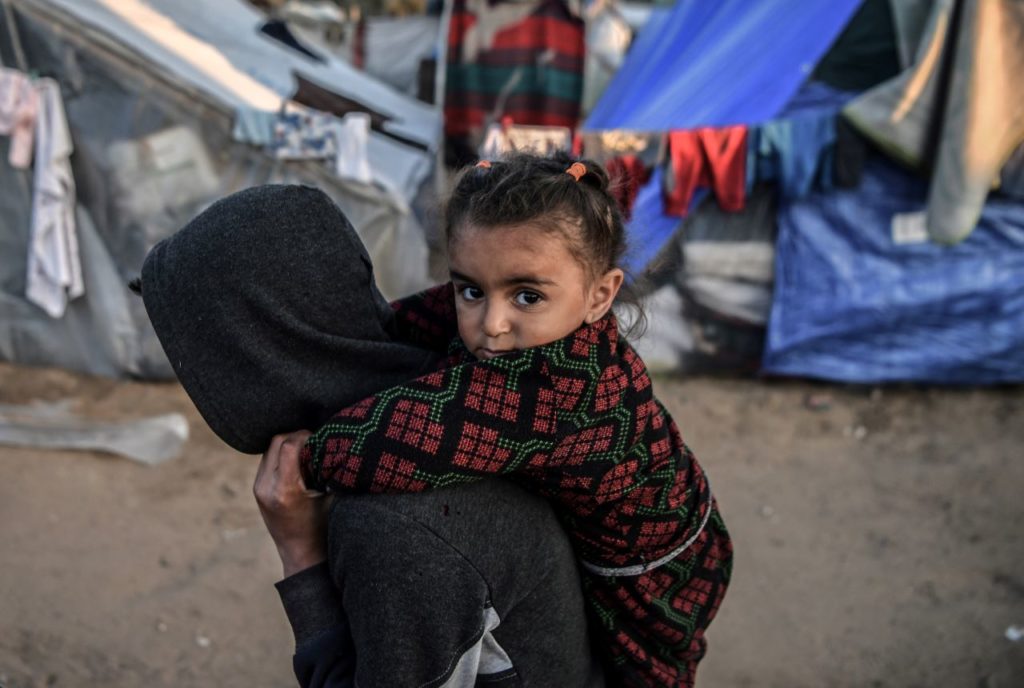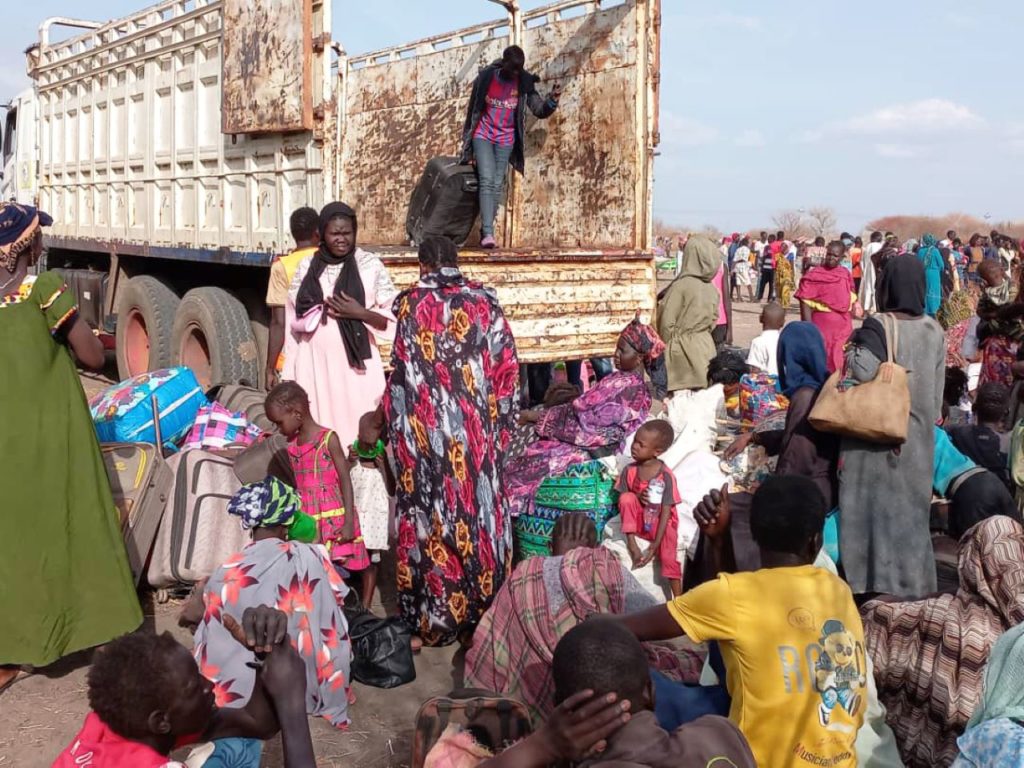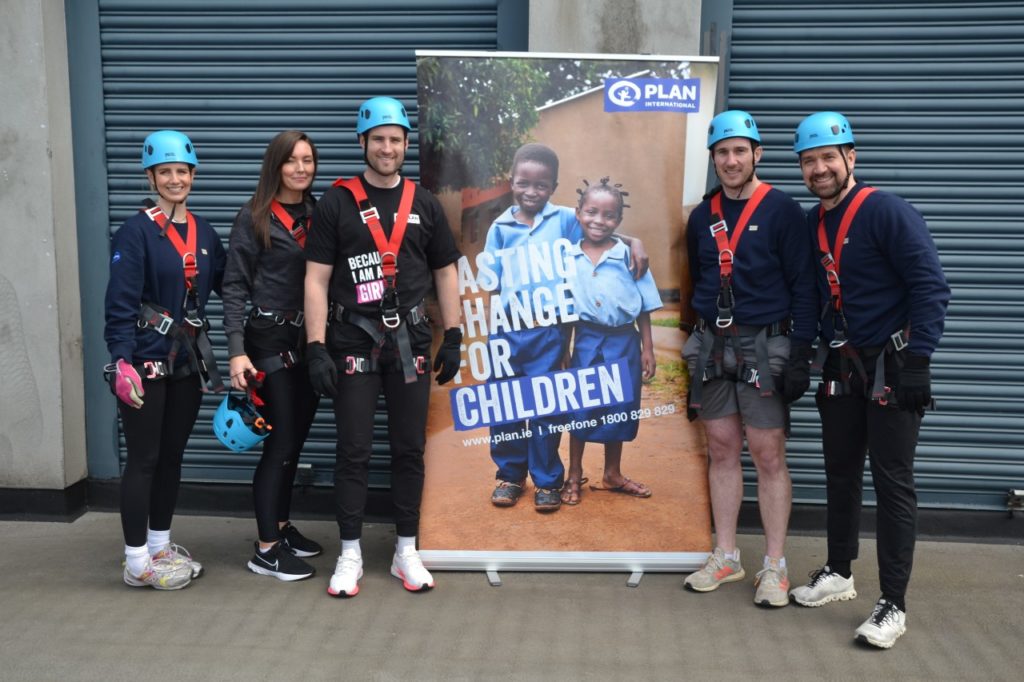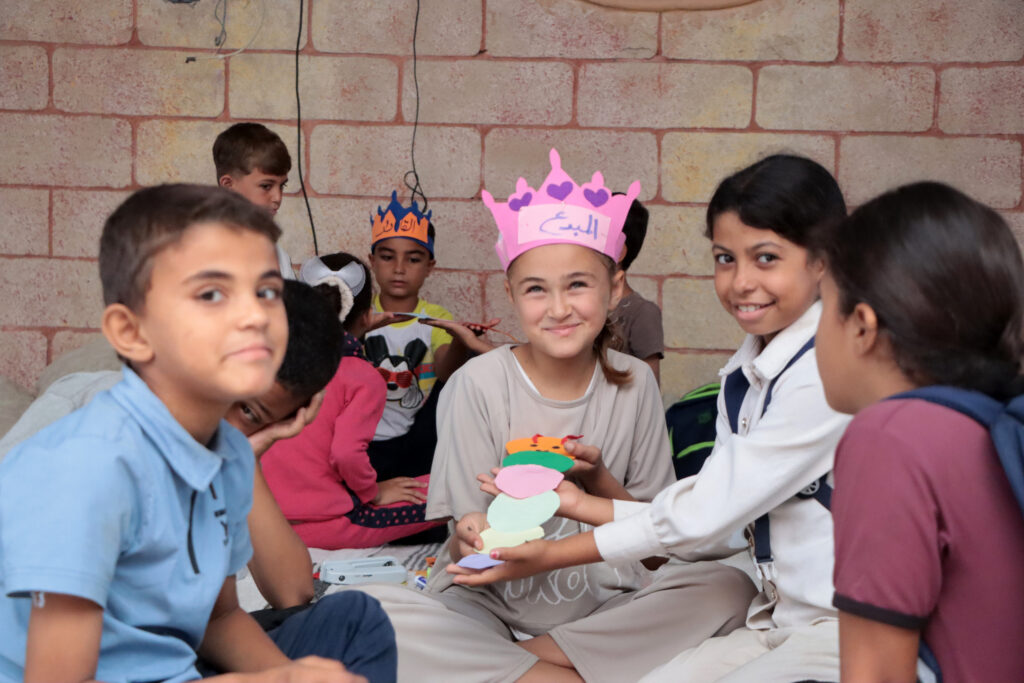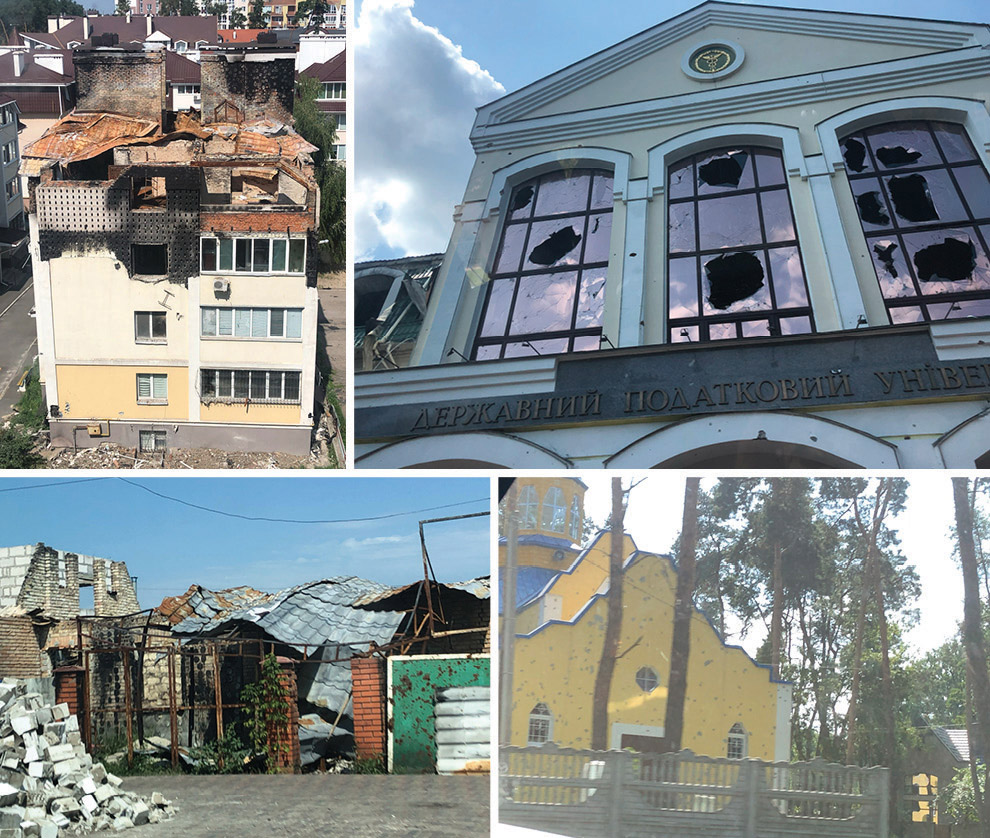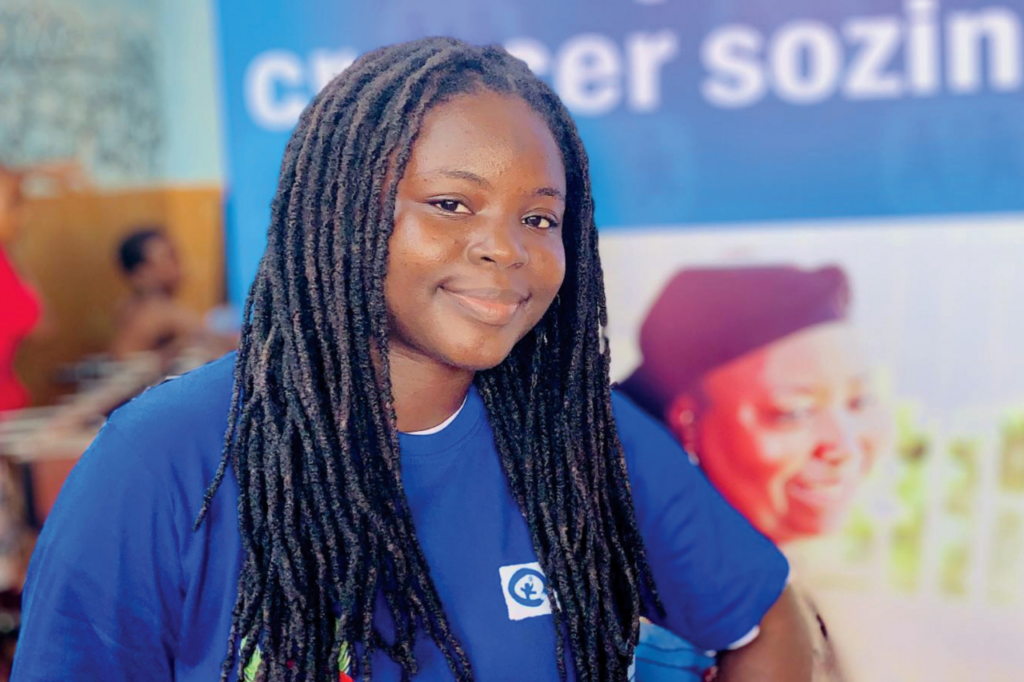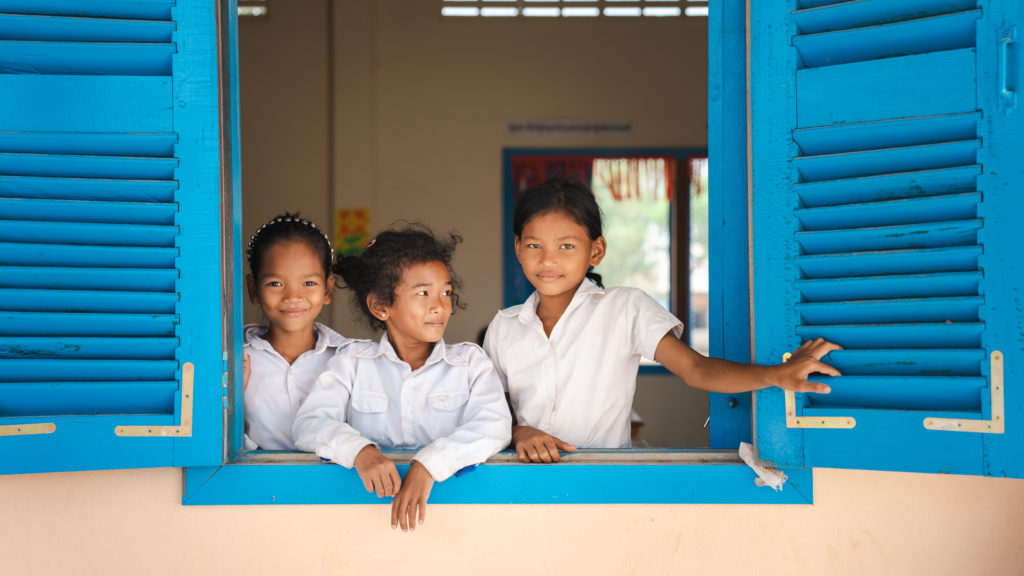The hunger and insecurity crisis in Haiti is also a menstrual health crisis for girls
For 13-year-old Sofiana, who lives in Hait’s South East department with her cousin, the hunger crisis has meant that managing her period has become increasingly tough.
“I sometimes find it difficult to buy sanitary pads as I don’t have enough money,” she says. Like many other girls in Haiti – access to health, education and menstrual health products has been worsened by the hunger and insecurity crisis gripping the country.
Sofiana’s cousin Eumanite explains that the family prioritise getting food on the table over buying sanitary pads. “You know life is expensive, which makes us suffer sometimes. We eat, but it may happen that we have breakfast and no dinner in the evening.”
Sofiana tells us that she has resorted to using whatever she can to manage her periods. “I don’t feel comfortable when I have my period,” she says. “When I can’t afford to buy the supplies, I use pieces of old clothes instead.”
Menstrual health support urgently needed
Lacking menstrual health support services and information, many girls in Haiti feel shame and embarrassment at school and at home as a result of their periods. Often families are unable to afford sanitary pads, with each packet of seven pads costing around 250 gourdes (US$1.60).
According to the World Bank, nearly 90% of Haitians live below the poverty line, with nearly a third of them living in extreme poverty. Haiti is among the countries with the greatest inequality in the region. This is largely due to two thirds of the poor living in rural areas and the adverse conditions for agricultural production, creating a welfare gap between urban and rural areas.
Access to safe drinking water and basic hygiene and sanitation services in Haiti is also severely limited, particularly in rural areas. For girls, the lack water means they are unable to maintain their personal hygiene when they have their periods. “It is very difficult to get water in this area. The stream is very far away and it can take an hour to walk there,” explains Sofiana.

The crisis in Haiti is making girls more vulnerable to health and safety threats, resulting in girls dropping out of school. “This year, there was a period when the school was unable to function due to the situation in Port-au-Prince, which affected the whole country,” Sofiana explains.
Hunger and lack of menstrual health creating a crisis for girls
“I believe the crisis has had a greater impact on girls as some girls are seeking out men in order to survive. Some become pregnant,” Sofiana says. “In the case of boys, they steal to feed themselves. They take what does not belong to them.”
Sofiana’s mother has migrated to the Dominican Republic to find work so she can send back a little money to support the family, so Sofiana currently lives with her cousin’s family – which includes her cousin’s husband and two sons, aged three and seven.
The family make a living by selling their crops. However, the drought has caused their crops to fail so they have nothing to sell. “Our gardens are completely destroyed,” says Eumanite, adding that she does not know how the family will survive.

Sofiana recently took part in a training workshop run by Plan International to learn about her sexual and reproductive health, as well as disaster risk management. Following the session, she received a menstrual hygiene kit containing sanitary pads, toilet paper and soap, as well as a backpack and notebooks for school.
Plan International has been working in Haiti for 50 years but has stepped up our operations in the country since we began responding to the hunger crisis last year by delivering cash transfers to those most in need, as well as providing nutrition, gender and personal protection training.
